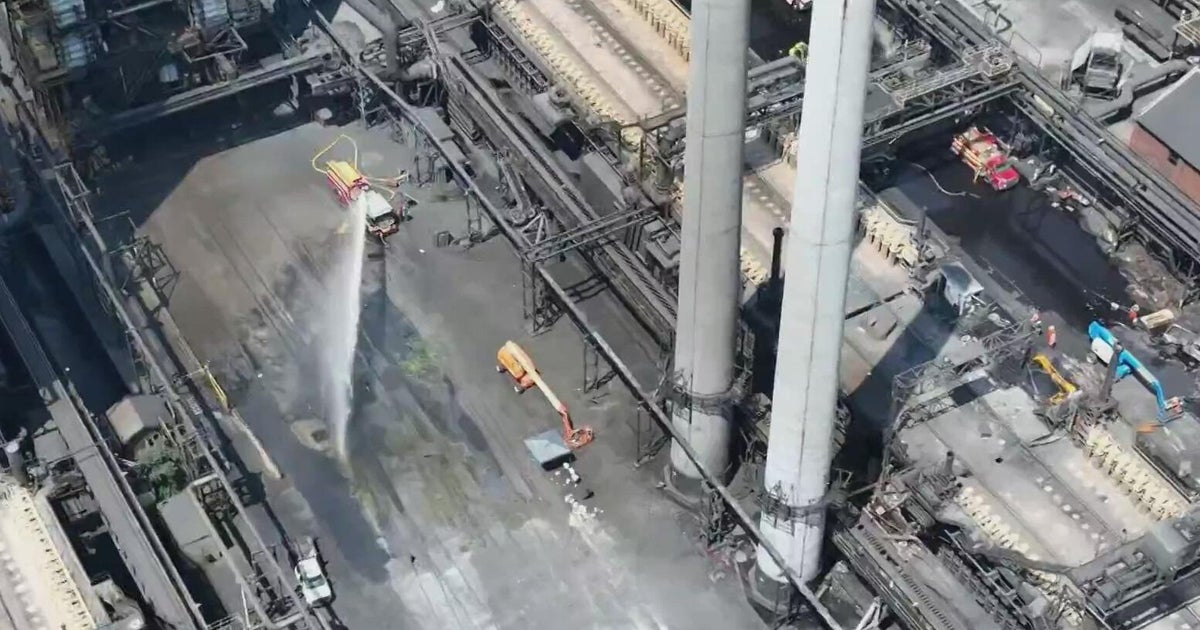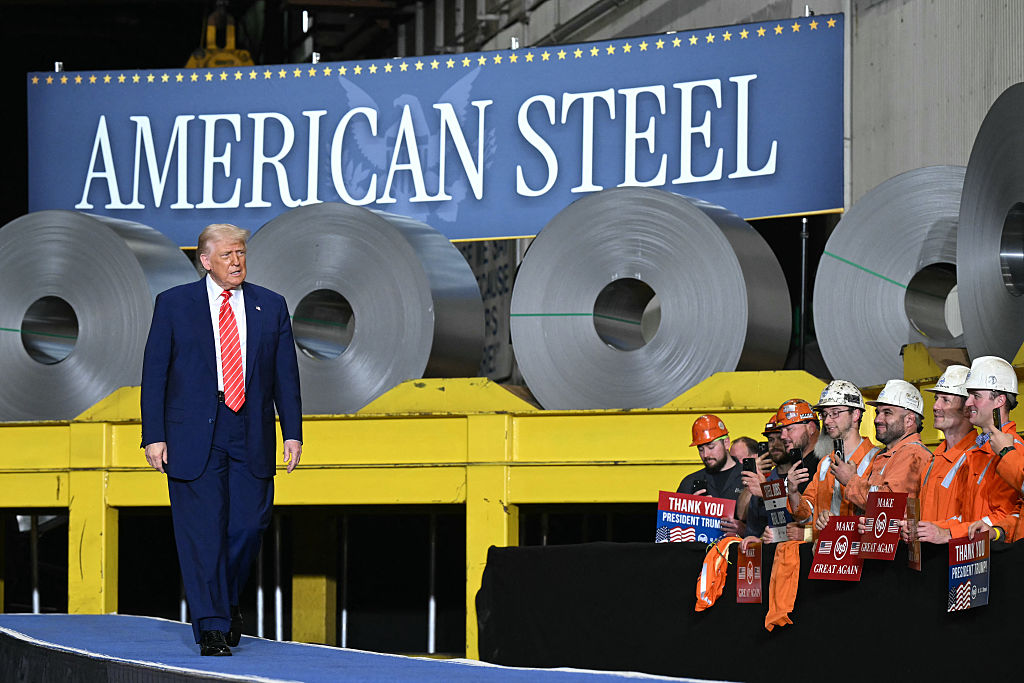Japan's Kobe Steel rocked by a quality scandal
TOKYO - The Japanese government urged steelmaker Kobe Steel on Wednesday to clarify the extent of manipulation of inspection data on steel, aluminum and other metals used in a wide range of products, reportedly including rockets, aircraft and cars. It's the latest quality scandal to rock Japanese manufacturing.
Kobe Steel, Japan's third-largest steelmaker, has announced that between Sept. 1, 2016, and Aug. 31 of this year it sold aluminum and copper materials using falsified data on such things as the products' strength.
Deputy Chief Cabinet Secretary Kotaro Nogami told reporters the government was seeking more information about the problem and trying to determine its possible impact on product safety. He criticized the apparently widespread falsification of data as "inappropriate."
About 200 of Kobe Steel's customers, including some makers of defense equipment, were affected, Nogami said. He would not identify the companies by name. Kobe Steel has also not announced which customers were affected, but Japanese media reports have said they included Mitsubishi Heavy Industries, a major aircraft maker and defense contractor, and several automakers.
Kobe Steel said in a release that the materials included aluminum flat-rolled products, aluminum extrusions, copper strips, copper tubes and aluminum castings and forgings.
It was unclear if the total of 40,900 tons of products involved included shipments to other countries.
"Data in inspection certificates had been improperly rewritten etc., and the products were shipped as having met the specifications concerned," the company said, describing the actions as "improper conduct."
The problem was discovered during internal inspections and "emergency quality audits," it said. Kobe Steel's share price has taken a beating, falling 17.8 percent Wednesday in Tokyo trading.
Product quality scandals have surfaced in Japan with increasing frequency in recent years. In one of the largest, auto-parts maker Takata has paid $1 billion in penalties for concealing an air bag defect blamed for at least 19 deaths worldwide. Major automakers are also engaged in massive recalls and facing criticism for allegedly continuing to use the defective air bags despite knowing of the problem.
Last year, Mitsubishi Motors acknowledged it had systematically falsified mileage data on some of its vehicles. That company's reputation was hammered earlier by a massive, systematic and decades-long coverup of defects that surfaced in the early 2000s.
In another major case, materials and chemicals maker Asahi Kasei found data had been manipulated in 360 projects out of 3,052, casting doubts on the strength of construction pilings.
A report on its investigation into the problem cited a slew of abuses, including outright swapping and falsification of data.
Kobe Steel said it was contacting its customers and working to verify the safety of the products it supplied.
"Verification and inspection to date have not recognized specific problems casting doubts on the safety of the nonconforming products," it said.
The company said it has set up a committee headed by its president to investigate quality issues and hired an outside law firm to conduct a probe into the misconduct.



